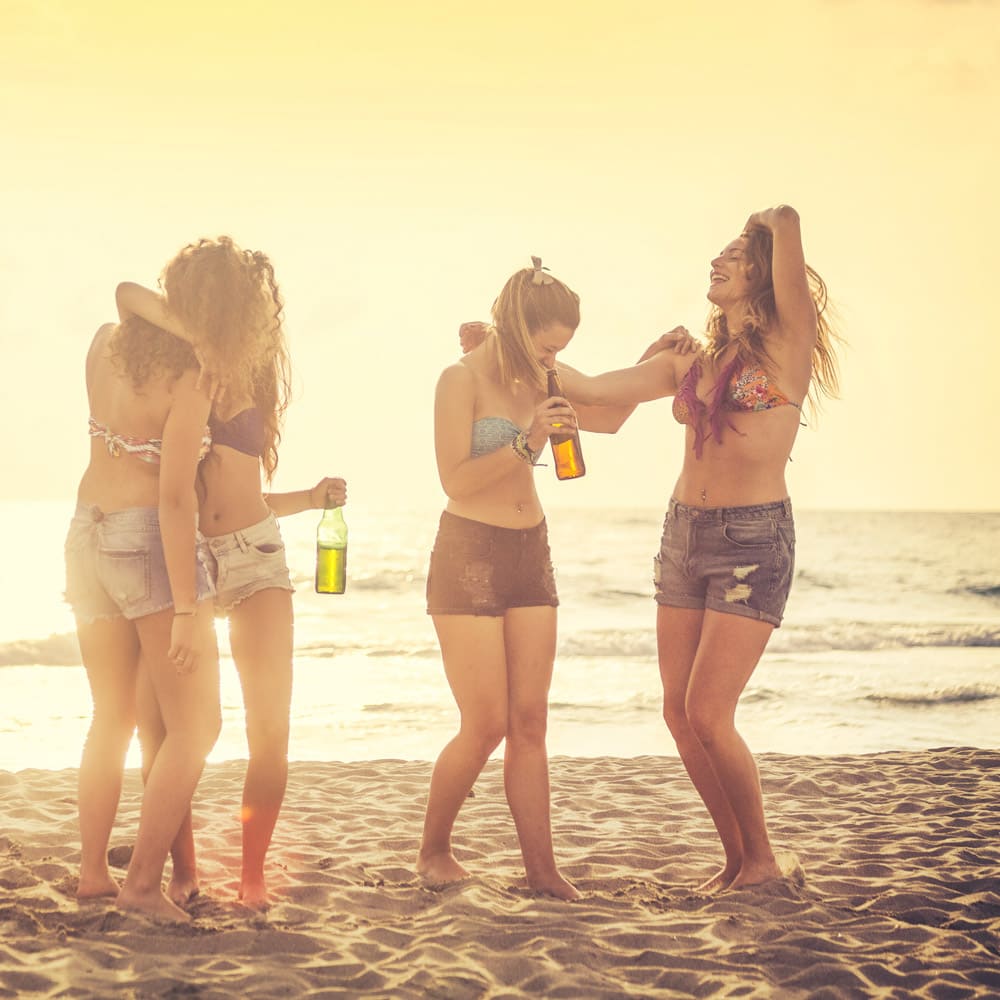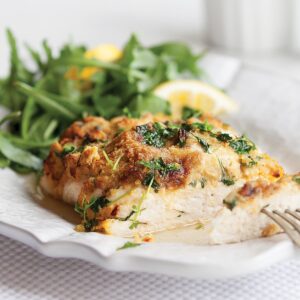
I was shocked to read a recent Australian study which found that young women routinely practise what’s being termed ‘drunkorexia’.
This is where they intentionally practise extreme dieting, exercise, purging, and other extreme weight-control behaviours to offset the calorie intake from a session of drinking.
Researchers at the University of South Australia studied female students, and found that nearly sixty per cent of the sample group reported “frequently engaging in various disordered eating and other extreme weight-control behaviours 25 per cent of the time or more in the three months before, while at, or after a planned drinking event, to compensate for anticipated alcohol calories”.
The students’ drunkorexic behaviours included skipping meals before a drinking event; in effect substituting alcohol for food.
The most alarming finding here was not that this was happening, but that it was happening in young women who otherwise do not have a disordered eating pattern. They eat normally most of the time, except when they are planning to go out drinking.
We have no reason to think the situation here in New Zealand would be any different from that in Australia. We have very similar, destructive, binge-drinking cultures in both countries. The researchers noted that alongside thinness (which is another whole conversation), drinking is one of the most important social norms for young people. The desire to both be thin and to drink a lot of alcohol, outweighs any concerns for health in the short or long term.
This is shocking. And I think we all need to take responsibility for it. We are not teaching our young people what they need to know about alcohol. And we’re probably not modelling great drinking behaviour for them, either. Most of us drink – 79 per cent according to most recent statistics. One in five of those has a ‘potentially hazardous drinking pattern’. Before you glaze over, this might not be as much as you think; a ‘large amount of alcohol’ is considered to be more than six standard drinks for males or four for females on a drinking occasion.
Sixty different medical conditions are caused by heavy drinking. There are over 500 serious and fatal injury traffic crashes attributed to alcohol every year, and up to 75 per cent of adult presentations at emergency departments on Thursday, Friday, and Saturday nights are alcohol-related. There are over 1000 alcohol related deaths in New Zealand every year.
If none of that gets you (and often it doesn’t; we’re good at telling ourselves “that doesn’t apply to me”); there’s the vanity aspect: alcohol ages us prematurely and it makes us fat (a fact identified by the drunkorexia-practising young women). Alcohol is also a type 1 carcinogen; in the same category as asbestos. It’s a toxin, and reports of its benefits are routinely overstated.
So far, so depressing, right? I am not actually trying to be the fun police. I drink myself; I can’t say “don’t drink” to anyone, even though that is probably the best and healthiest advice for most of us. What we all need to do, I think, is drink consciously, if we choose to drink alcohol. And we need to pass that consciousness on to our young people. We need to be conscious of the potential harms we are doing, and conscious of how that fits into our own circumstances and diet and health. Ideally we will practise moderation when we do drink, and have more non-drinking days than drinking days in the week. Like anything we consume that is less than healthy, we need to consider alcohol in context as part of our overall diet, not something we do outside of what we eat. Or, god forbid, instead of eating.
www.healthyfood.com











